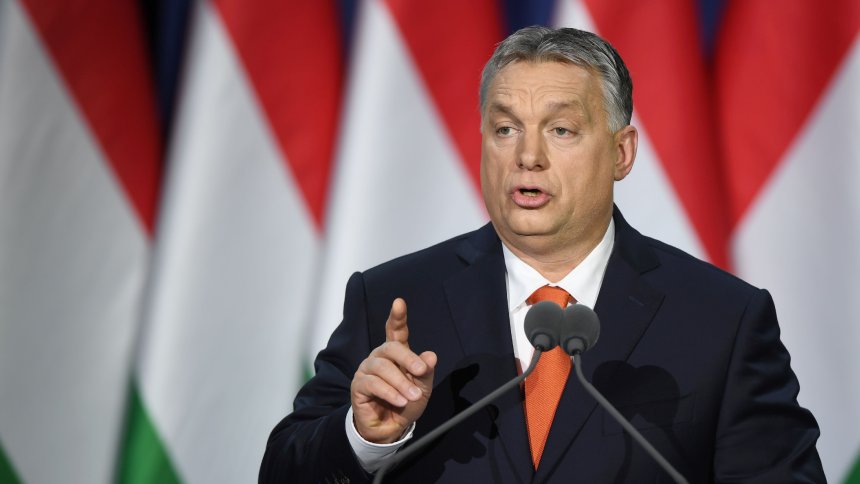All the oddities between Recovery Fund and the rule of law

Rule of Law and Recovery Fund? Italics by Teodoro Dalavecuras
The Financial Time s – reports Corriere della Sera online – “spends all its authority to ask Europe to have a firm hand in the clash with Poland and Hungary”. Fortunately, the great British newspaper also took sides. In fact, the situation is extremely serious: the Corriere still reports that "both Warsaw and (above all) Budapest do not want interference or obstacles in the path that is leading the two governments to limit the independence of the judiciary, the ability to maneuver of the opposition and minority, gender and ethnic rights. In short, to pollute democracy ”.
I have chosen a source close at hand, but almost all media that consider themselves independent treat exactly like Corriere the question of the conflict that has opened between Slovenia, Poland and Hungary on the one hand, and the remaining member states of the European Union from another, on the proposal to subordinate access to European funds to “respect for the rule of law”: in a way that, due to its superficiality, can only be defined as frivolous; not even biased, because it would take factions, that is reasonably homogeneous groups where the 24 member states who want this clause are notoriously divided on almost everything, and even between the two main ones who reject it, Poland and Hungary, there is incurable enmity for that which concerns the relationship with the Russian Federation.
It would be interesting to read an investigation, perhaps documented and without too many interviews, photographs and drawings, which described the way in which each of the 27 countries of the Union achieves the independence of the judiciary: in Greece, for example, by virtue of a reform constitutional promoted in the 1980s by Andreas Papandreou, the heads of the judiciary are appointed by the executive power. As for the "ability of the opposition to maneuver" only the rest of us Italians would have to say something, not only for what has happened and hasn't happened for an abundant year now, but our European members will always, wisely, look at each other. from getting bogged down in the scrutiny of an opaque power system like the Italian one. And let us pass over the billions of euros (always of "European funds" we are talking about) disbursed in recent years to Turkey, governed by a Constitution that prohibits any judge, including the Constitutional Court, from reviewing a decision of the President of the Republic, on the sole condition that it actually comes from him.
In reality, what makes this clause of respect for the rule of law unpresentable is not only or above all the fact that it leaves conspicuous space for arbitrariness, but what the clause implies. That is, that even countries with "polluted democracy" to use the calm lexicon of the Corriere , are welcome in the EU "club", as long as they do not raise cash. To aspire to European money, one must obtain the certificate of good democratic conduct.
The coherence of the history of post-war Europe is impressive, which from the beginning has always been and continues to be a common market plus the depletion of the competences of the member states, with the unshakable exclusion of any initiative aimed at conceiving at least an embryo of political union. , also accepting the risk of abortion: the "rule of law clause", in addition to being a sop for a "Parliament" that has no power to discourage any executive or even to take the initiative through its members legislation, but only to mimic real parliaments, is perhaps the extreme manifestation of this plan to remove politics from Europe.
Not that we did not deserve this disheartening outcome, we Europeans, with two collective suicide attempts: the second, between 1939 and 1945, perfectly successful. It is annoying that the plan to empty real political spaces – those of member states – of their contents, to place them in a space immune to any democratic legitimacy, materializes in the name of democracy when it is evident that the only certain consequence of the removal of politics it is to deprive European citizens of the power, which is largely illusory, perhaps only symbolic, but therefore not without meaning, of contributing to the configuration of their collective future. But it bothers very few elderly people so that even this marginal problem will soon resolve itself.
This is a machine translation from Italian language of a post published on Start Magazine at the URL https://www.startmag.it/mondo/tutte-le-stranezze-tra-fondi-europei-e-stato-di-diritto/ on Sat, 21 Nov 2020 06:35:43 +0000.
